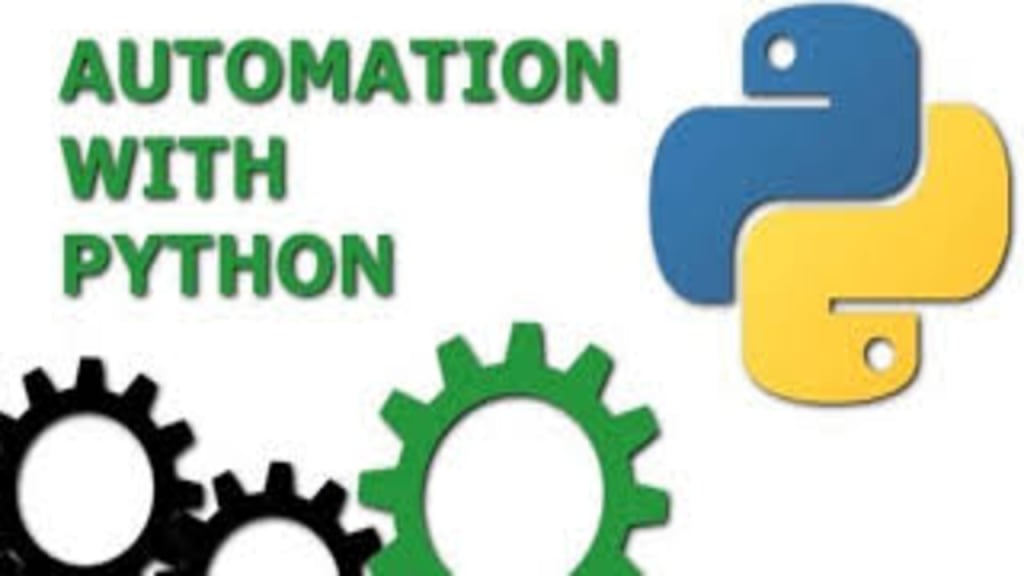
In 1991, Python, a high-level, open-source, and multipurpose programming language, were initially made available. Since its introduction, the use of this language, designed to make programming easy, has grown tremendously.
Python is a crucial tool for testing because of its functionality and simplicity. It enables a manual tester who has no programming experience to build test scripts quickly. Its libraries are brimming with top-notch testing tools, and its built-in features let users create robust automated testing suites. Python contributes significantly to assuring software correctness by making it simple to integrate automation testing into its flexible codebase.
Python automated testing tools are now more common due to the language's growing popularity. The market is filled with a diverse range of tools, each offering users various unique functionalities. Choosing one that best suits a user's needs can take time and effort with so many options available. For you to find the most powerful tools for your needs, I have hand-picked the top five products on the market.
Top 5 Python tools
pytest
One of the most well-liked open-source Python testing frameworks available is Pytest. Additionally, it enables API testing, functional testing, and unit testing. You can easily handle big codebases with PyTest's features, such as its capacity to run tests based on method names, decorators, or packages concurrently. By allowing you to interact with additional test frameworks and runners like PyUnit and Nose2, PyTest further enables you to increase test coverage. Python 3.5 or later must be installed to use PyTest.
Key Features:
Thanks to their strong extensibility, you may run both small and straightforward test suites.
Additionally, you can add plugins to your project to print HTML reports and run tests simultaneously.
Without rewriting test scenarios, it covers all parameter combinations.
Robot Framework
Python, Jython, and IronPython can all be used to execute the open-source test automation tool known as Robot Framework. Organizations utilize RF to conduct acceptance testing, automate robotic processes, and develop products that are driven by acceptance tests.
Unlike its competitors, it is keyword-driven rather than behavior-focused. Python 2.7.14 or later must be installed to use RF. You can entirely automate the acceptance testing process with the help of Robot Framework and its plugins. With a full stack software development course, anyone can master these essential Python tools for testing automation.
Key Features:
Uses a keyword-driven test technique that enables users without coding knowledge to construct tests.
Provides support for all operating systems and application types
Due to its broad ecosystem and abundance of APIs, it can be integrated with any third-party programme.
Behave
One of the most widely used frameworks for behavior-driven (BDD) tests is called Behave. Behave is ideal for full-stack applications due to its ability to integrate with both Django and Flask. You can learn how to use Behave through one of the many online tutorials available. Tests that describe a feature's functionality and expected test results could be written in understandable English. Behave is capable of creating, executing, and gathering data from tests.
Key Features:
Thanks to Gherkin language support, you may generate feature files without technical expertise.
Teams can readily collaborate because of the straightforward language used when writing tests.
A wealth of internet resources and assistance to get your project started.
Test project
An open-source automation system called TestProject offers HTML reports for the cloud and on-site use. You can create automated tests for web apps, mobile apps, and general-purpose testing using just one open-source Python SDK. Installing Python 3.6 or later is necessary to use TestProject.
Key Features:
Integrated live chat, blogs, and forums for help.
It enables you to create automatic reports for nothing in HTML/PDF format.
RESTful API can be used to access the history of test execution.
Lettuce
Another Python utility that automates behavior is called Lettuce. Other frameworks like Selenium and Nose can also be easily integrated with them. Lettuce may be combined with the Python bindings for Selenium to produce a powerful testing framework for Django applications.
Key Features:
Although it can conduct other testing kinds, Lettuce is most frequently used for black-box testing.
Thanks to Gherkin language support, members with no prior technical knowledge can build tests.
Hope this list of top Python tools used in testing automation helped you gained knowledge for your career. If you’re considering a career in this domain or as a developer, do check out the Full stack developer course, and learn the cutting-edge skills.
About the Creator
sandesh
I am an enthusiastic author who writes blogs on the latest technology. I aim to make youth understand the changing world. I want everyone to be updated so that they can win the life race.






Comments
There are no comments for this story
Be the first to respond and start the conversation.